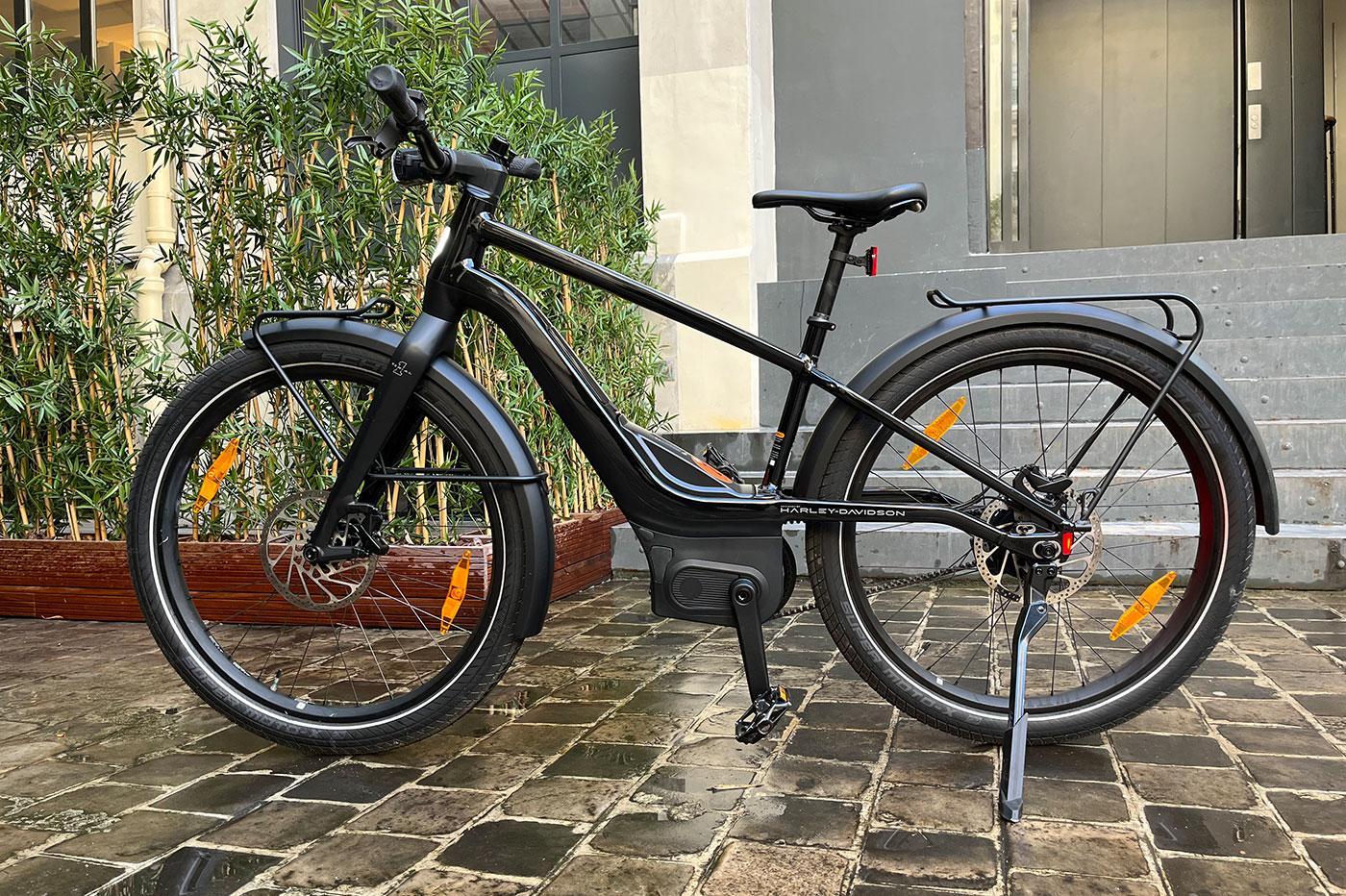
A survey including 125,000 respondents from countries such as Brazil, Germany, China, Spain, the United States, France, Mexico, Italy, the United Kingdom and Australia seeks to understand how disinformation contaminates society and the ways used to deal with it on a daily basis.
The QAnon movement, which supports conspiracy theories, participated in the January 2021 capitol raid. Image: Ehimetalor Akhere Unuabona/Unsplash
O study by consulting firm Oliver Wyman interviewed people between 18 and 65 years old, and for 65% of this audience, there is no necessary effort from governments and companies to prevent fake news.
Of the countries considered in the survey, Brazil is the one that most distrusts the government itself in relation to the subject. On a scale of 1 (least reliable) to 5 (most reliable), the average for the Bolsonaro administration was 2.3.
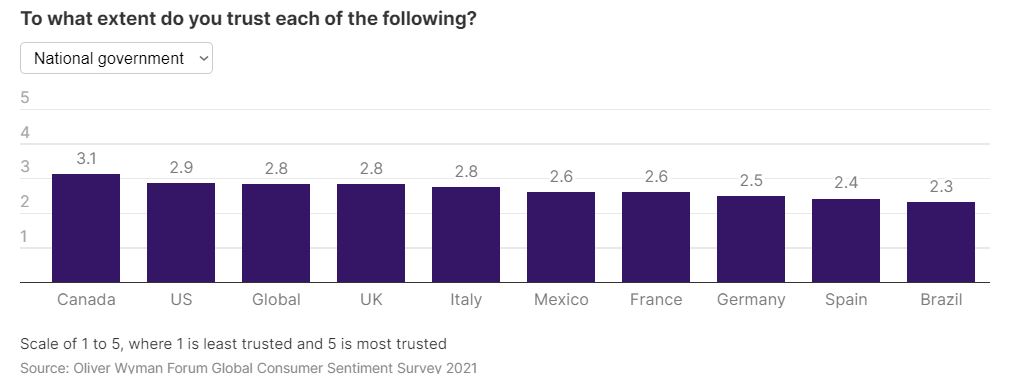
Source: Oliver Wyman
Unlike the Canadian country, one of the least suspicious of its national leaders (3.1); United States and Italy appear next with 2.8; Mexico and France with 2.6; Germany with 2.5 and Spain with 2.4. “Brazilians are the ones who least trust their government, among the entire sample surveyed”, concludes the survey.
Disinformation is considered a problem by 88% of respondents — well above the global average (63%). It is also a reason for fear among Brazilians, 77% say they fear it. Which puts Brazil in the top 3 alongside nations like Spain and Mexico (84%). However, of the countries analyzed, the proportion is the lowest that admits to having been deceived by some fake news — 11% compared to 32% of the global average.
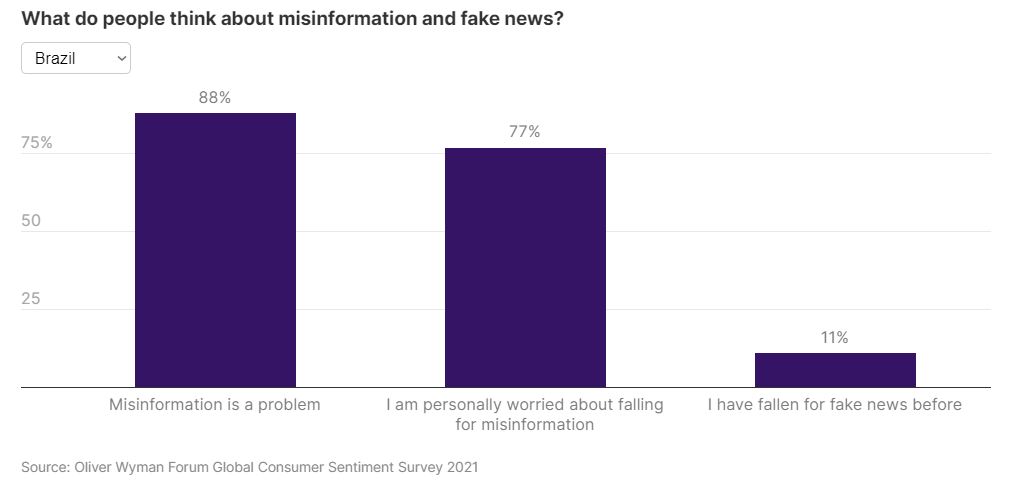
‘What do people think about disinformation and fake news?’ Source: Oliver Wyman
effective misinformation
Despite claiming that they are not easy baits for fake news, “uA disturbingly high percentage of respondents reported believing bizarre narratives.” When asked about the pandemic:
- 18% said it was a scam;
- 37% said it was planned and purposeful;
- 12% believe the Covid-19 vaccine contains a microchip that allows the government to track it.
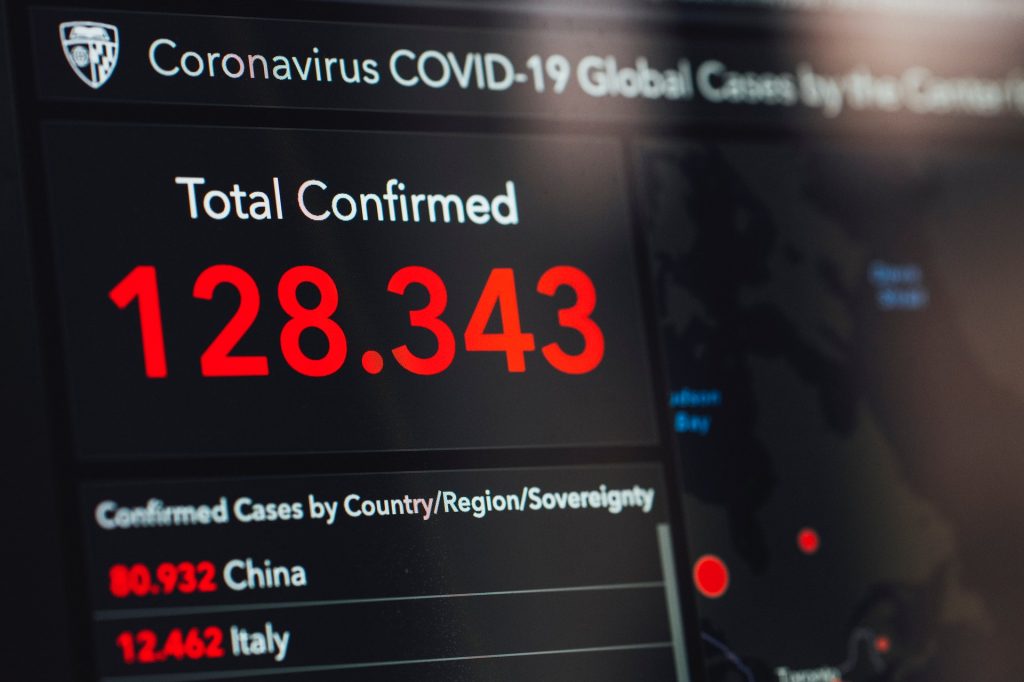
Image: Markus Spiske/Pexels
Relative to other nations, 57% of Chinese believe that the virus was created and spread on purpose. In other countries, this rate drops to 40%.
deficient education
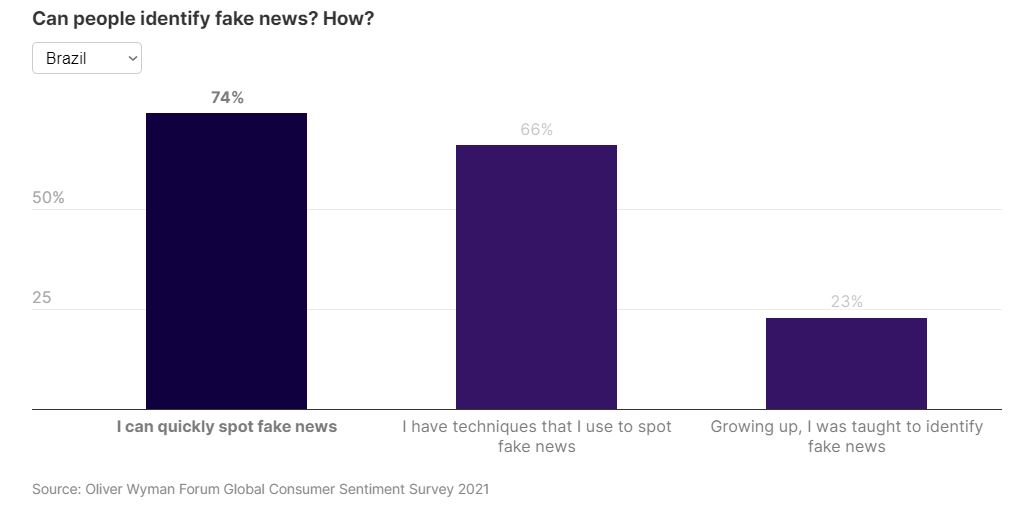
‘Do people identify fake news? How?’. Source: Oliver Wyman
The most effective weapon against fake news is knowing how to identify them. Of the 932 Brazilians participating in the study, 74% claim to do it quickly, while 66% say they use techniques to unmask them and 23% said they were taught to differentiate them.
The rates presented are well above the world average: 66% claim to be able to identify them and 52% have techniques to identify them.

